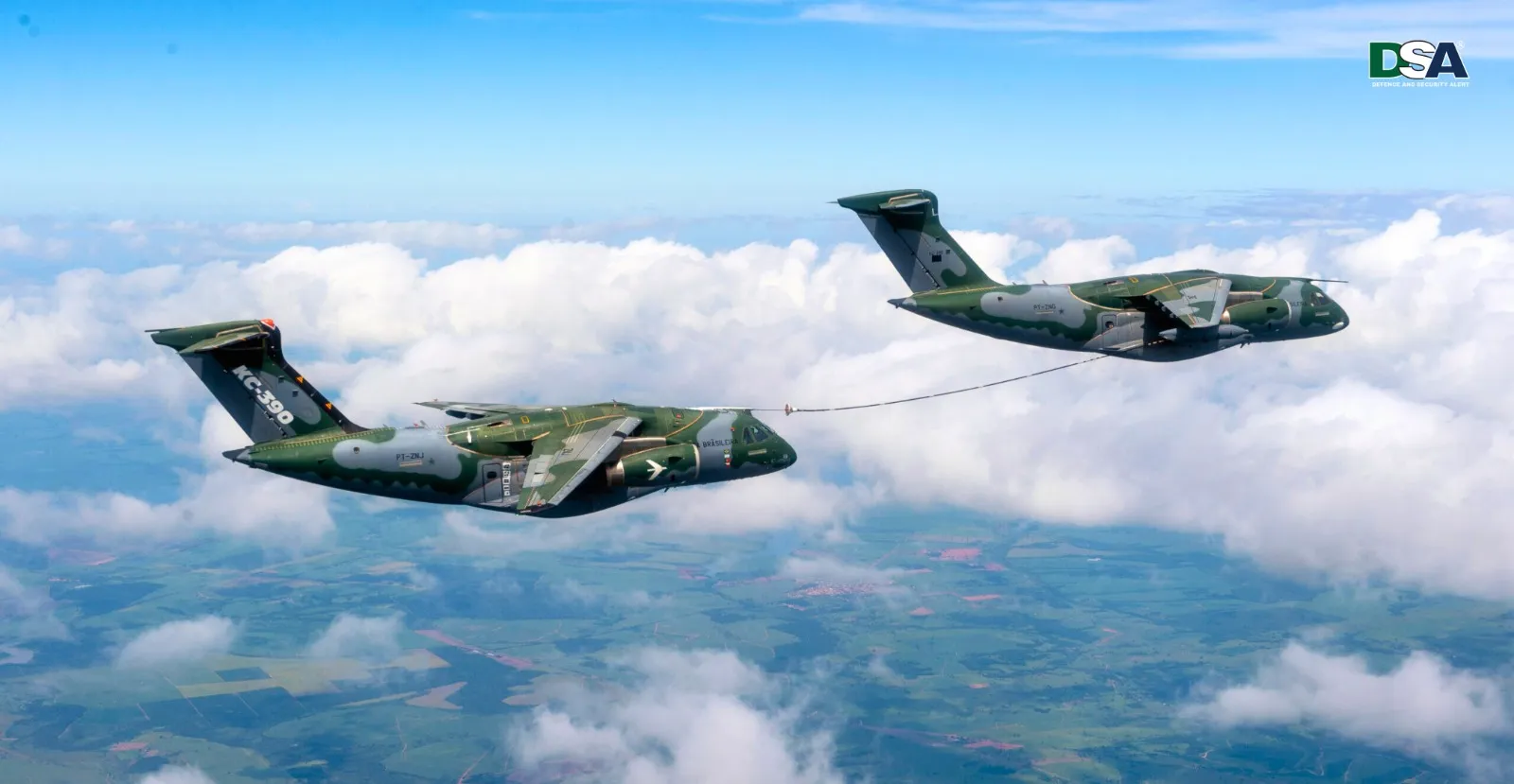DSA Correspondent
India and Sri Lanka Set to Ink Historic Defence Pact amid China’s Rising Footprint in Indian Ocean
India and Sri Lanka are poised to sign their first-ever defence agreement on April 5, 2025, during high-level talks between PM Narendra Modi and President Dissanayake. The strategic pact is aimed at deepening bilateral security cooperation and countering China’s growing presence in the Indian Ocean region.
In a major diplomatic and strategic development, India is set to sign its first-ever defence agreement with Sri Lanka on April 5, 2025. The landmark pact will be formalized during a high-profile bilateral meeting between Indian Prime Minister Narendra Modi and Sri Lankan President NalinDissanayake in New Delhi.
This agreement marks a significant milestone in India-Sri Lanka relations, traditionally shaped by cultural ties and maritime proximity. It comes at a time when China’s expanding influence in the Indian Ocean—especially through infrastructure investments and port access in Sri Lanka—has become a growing concern for New Delhi.
According to sources in India’s Ministry of External Affairs and Defence Ministry, the agreement will include joint naval exercises, intelligence sharing, capacity building and maritime domain awareness. There may also be provisions for infrastructure development at select Sri Lankan ports, with technical and logistical support from the Indian Navy.
This pact signals a long-term vision for regional security and stability. It’s about ensuring that the Indian Ocean remains a zone of peace and cooperation,” said a senior Indian defence official.
Strategic Counter to China
China has significantly ramped up its footprint in Sri Lanka over the past decade, with projects like the Hambantota Port, Colombo Port City, and other Belt and Road Initiative (BRI) investments. These have led to concerns over potential military dual-use of infrastructure.
India’s response, until now largely diplomatic, is expected to take a more assertive turn with this defence pact. The agreement is being seen as part of India’s broader “Security and Growth for All in the Region” (SAGAR) doctrine, aimed at fostering cooperative maritime security in the Indian Ocean Region (IOR).
Regional Implications
The MoU is also expected to trigger reactions from other regional players. Analysts suggest that the move could prompt Sri Lanka to adopt a more balanced foreign policy, reducing overdependence on China. For India, it reinforces its image as a credible security partner in South Asia.
Meanwhile, the Sri Lankan President’s office has stated that the agreement will be focused on “mutual respect, maritime safety and regional cooperation.”
Looking Ahead
The India-Sri Lanka MoU on Defence may pave the way for similar agreements with other island nations in the IOR, such as Maldives and Seychelles, reinforcing India’s maritime security grid and diplomatic outreach. With both countries navigating complex geopolitical waters, April 5 may well mark the beginning of a new chapter in Indo-Lankan defence and strategic ties.
.webp)


.webp)
.webp)



-min.webp)



 9958382999
9958382999
